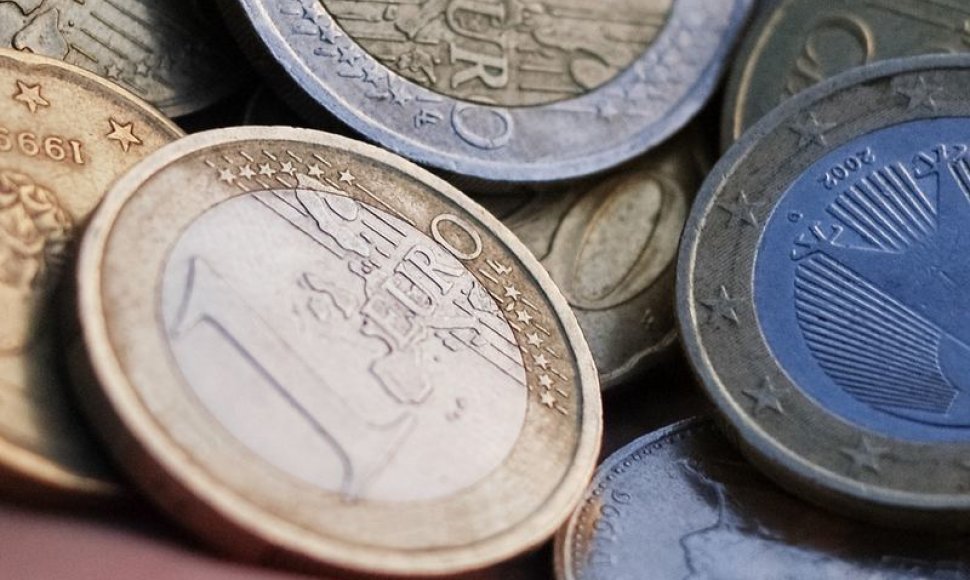Public finance expert Ingrida Šimonytė, former finance minister, noted that the choice of any later date would only make things more difficult. “Lithuania’s ability to meet the budget deficit criterion does not raise many doubts, which is ensured by the budget and the fiscal discipline law, hence the only challenge will be inflation once again,” she said.
Ramūnas Vilpišauskas, director of Vilnius University’s Institute of International Relations and Political Science and former economic adviser to President Valdas Adamkus, noted that Lithuania still had more than a year before making an official application for the accession to the Economic and Monetary Union. Accordingly, it had time to follow the developments in the euro zone and the progress made by its most troubled members in tackling public finance and competitiveness problems.
Investment experts agree that Lithuania would not run into any major troubles if it failed to adopt the single currency in 2015. They warn, however, that it would be disadvantageous for the country to stay out of the euro zone in the longer term.
Lithuania should submit a formal application for euro membership in February next year. If it is found to comply with the membership requirements, it will get an official invitation to adopt the euro from 2015 in the middle of next year.












